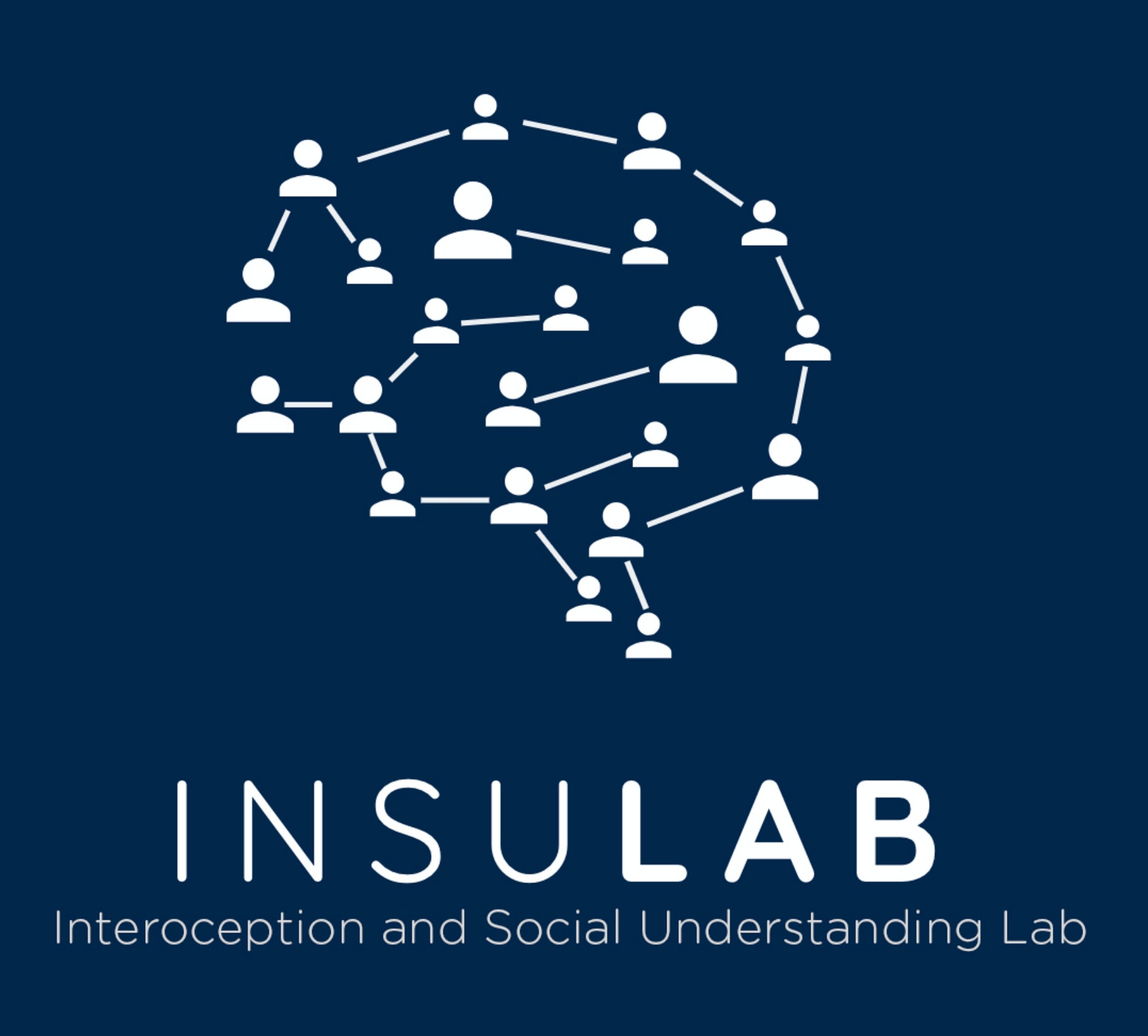What is interoception?
Interoception refers to the ability to perceive the internal sensations of our body, such as hunger, thirst, pain, temperature, muscle fatigue, heart rate, and breathing.
Interoception can affect lots of different things, including our emotions. For example, the feeling of ‘butterflies’ in our stomach tells us that we are feeling nervous. We can feel our heart race if we feel excited. The sensations in our body can provide us with information about how we are feeling, and without this information, it can be difficult to identify which emotions we are experiencing.
Some people find it easy to spot the signals coming from their body and some people find it harder. As part of our research, we aim to find out why such differences among people exist.
In particular, we are interested in understanding how individual differences in interoception are related to psychological wellbeing and mental health. Interoception may be linked to eating disorder, for example, because how well you can feel signals from your stomach might change how much you want to eat. It may be linked to anxiety, because if you notice changes in your heart rate and breathing a lot, you may feel more worried. It may be linked to depression if finding it hard to perceive body signals means you find it harder to notice your emotions. Our research aims to investigate interoception in relation to a range of mental health measures and clinical conditions.


